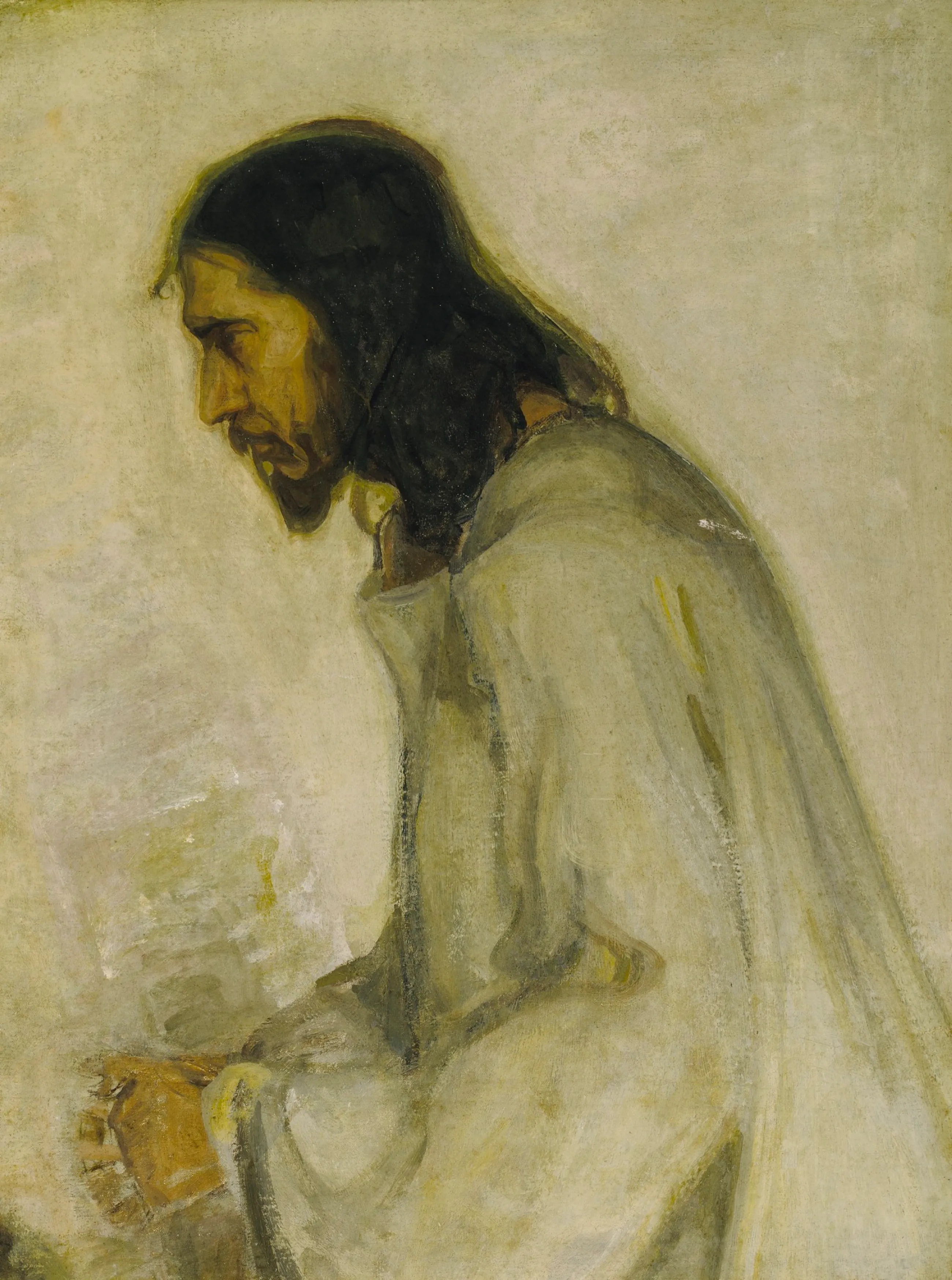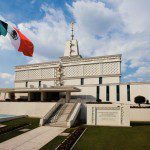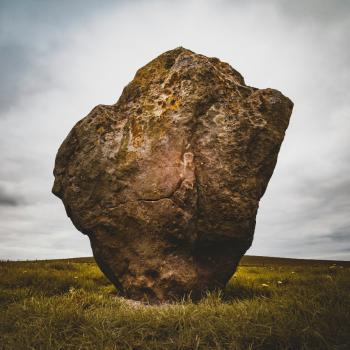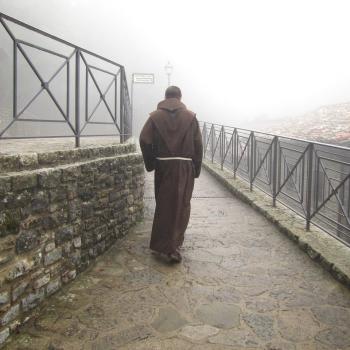Pioneers In Ordination
February is Black History Month, and it’s a wonderful time to celebrate the legacy of Absalom Jones.
Absalom Jones was born into slavery, but he taught himself to read using the New Testament. He saved up enough money to purchase the freedom of his wife and children, and then purchased his own freedom. Jones became a lay minister for the African-American parishioners at St. George’s Methodist Episcopal Church in Philadelphia. He ran this ministry alongside his friend Richard Allen, who was also a freed slave.
Their ministry grew, with more and more African-Americans joining the church. Instead of being celebrated, this growth was seen as a threat. The white church leadership voted to segregate the building, and they even tried to remove the Black worshipers while they were down on their knees in prayer. In response to this, Jones and Allen walked out with their congregation to protest inequality in the church.
Together they started the Free African Society, and they went on to found two historic churches. One was the African Episcopal Church of St. Thomas in the Diocese of Pennsylvania. This is where Absalom Jones was ordained as the first African-American Episcopal priest. The other church was Mother Bethel AME church where Richard Allen was ordained as the first African-American Methodist minister.
This is a story of people who were born into slavery, and who experienced hardship and opposition, but who continued to follow God despite the suffering they experienced in the wilderness.
How many of us have made the assumption that a life blessed by God is one without suffering in the wilderness?
God in the Wilderness
In Mark chapter 1 when Jesus is baptized, he is also celebrated as being the beloved son in whom God is well-pleased. His reward is that he’s driven into the wilderness for forty days of temptation.
If even Jesus suffered in the wilderness, then why would privilege or prosperity be signs of God’s favor?
We are given many examples in scripture of people who struggle, people who suffer, and yet God is with them. Jesus announced his own ministry with this prophecy from Isaiah:
‘The Spirit of the Lord is upon me, because he has anointed me
to bring good news to the poor. He has sent me to proclaim release to the captives
and recovery of sight to the blind, to let the oppressed go free,
to proclaim the year of the Lord’s favor.’

These were people in need of help, healing, and freedom. Jesus stands up over and over again to show that God is with them. Every time he stops to heal someone, casts out a demon, eats with sinners, or welcomes a little child, he reminds us, “blessed are the poor”. Jesus shows that God is with us in the wilderness.
What wilderness are you in right now?
It might be chronic suffering, acute loss, or a long slow burnout. Sometimes it’s a spiritual wilderness: a feeling of being lost or without direction. For many, the wilderness is oppression, prejudice, and racism. For others, the wilderness can be trying to navigate the path out of participating in or perpetuating systems of racism.
Absalom Jones was born into suffering, but he still sought after God. He believed that God was with him. Jones called upon Congress to abolish the slave trade, to try to help those who were going through the same suffering that he went through.
All of us are called to the ministry of love, healing, and reconciliation, because all of us understand suffering.
Including Jesus.
Recovering our Humanity with Black History Month and Lent
Lent can be a time of remembering our own humanity through seeing the humanity of Jesus. He went into the wilderness. He walked with his friends towards Jerusalem. He told stories, and tried to get them to understand what he was going through.
This journey is similar to the gifts of Black History Month. We are reminded in February to listen to the humanity, and the stories, and the suffering of our African-American neighbors so that we may better understand what they have been through.
Many people choose to give up or adopt things for Lent. Here are some ways that Black History Month can inspire our personal practices for Lent and beyond.
- We can create more space to hear stories.
- We can create more positive listening spaces by deciding ahead of time to receive another’s experience as valid.
- We can create more space for learning, even if we learn that others suffer within a system that feels normal to us.
- We can create more space for art, music, literature, content-creation, and business from the African-American community.
Lenten Listening
Lent is an invitation to walk slowly with Jesus, seeing the times when he is hungry, frustrated, tired, and sad. Holy Week can be a poignant reminder that prosperity and privilege are not indicators of God’s favor. Lent can even soften our hearts to be challenged and rebuked by listening to these stories.
May our compassion for the humanity and suffering of Jesus lead us to have compassion for the humanity and suffering of our neighbor. May our desire for closeness with Christ lead us to create space for good news, healing, and freedom.
To read more posts, visit my column here. Check out my writing in “Soul Food: Nourishing Essays on Contemplative Living and Leadership”, or listen to me read a portion of my writing for the podcast Read, Pray, Write.

















